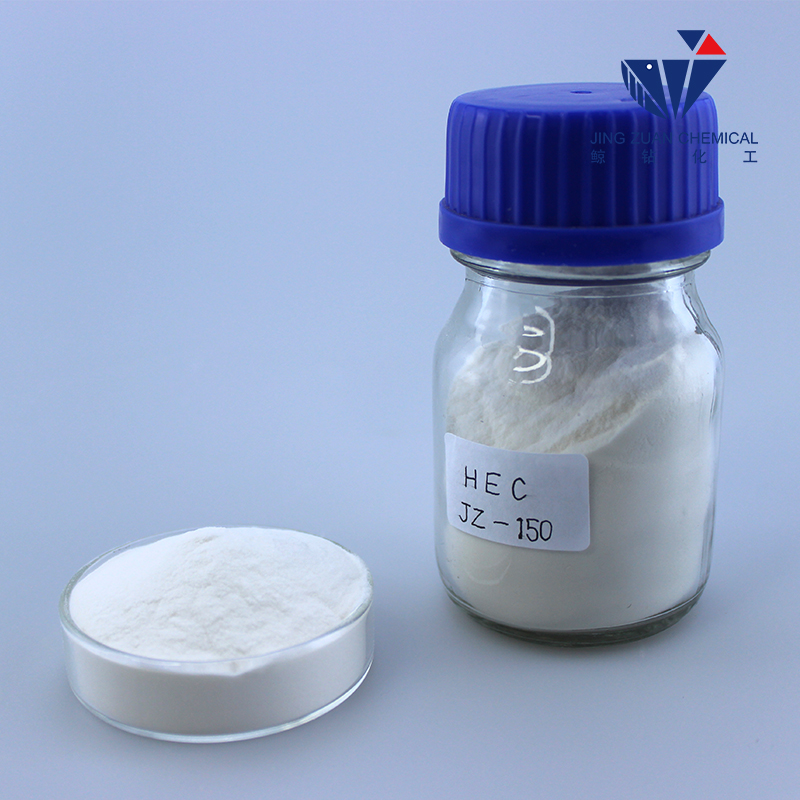
دسامبر . 27, 2024 11:37 Back to list
hydroxyethyl cellulose manufacturers
Overview of Hydroxyethyl Cellulose Manufacturers
Hydroxyethyl cellulose (HEC) is a non-ionic, water-soluble polymer derived from cellulose, which has gained significant attention in various industries due to its unique properties. HEC serves as a thickener, binder, and emulsifier, making it an essential ingredient in the formulation of a wide range of products, including paints, coatings, adhesives, cosmetics, and pharmaceuticals. As such, the demand for high-quality hydroxyethyl cellulose has prompted the growth of numerous manufacturers around the globe.
Key Properties of Hydroxyethyl Cellulose
HEC is primarily characterized by its high viscosity and excellent water retention capabilities. It is stable in a wide range of pH levels and can withstand high temperatures, making it suitable for various applications. HEC is also non-toxic, bio-friendly, and biodegradable, contributing to its popularity in sectors that prioritize sustainability.
One of the main advantages of HEC is its ability to enhance the texture of products. In the cosmetics industry, for example, HEC improves the consistency of creams and lotions, giving them a luxurious feel. In the construction industry, it is often used in mortar and plaster to improve workability and adhesion. These properties make HEC a versatile ingredient, appealing to numerous manufacturers looking to enhance the performance of their products.
The Market Landscape for Hydroxyethyl Cellulose
The global demand for hydroxyethyl cellulose is increasing, driven by the expansion of end-use industries. The construction sector is among the largest consumers of HEC, owing to a growing trend towards sustainable building practices. In addition, the rise of the personal care industry, particularly the use of natural and organic products, has further fueled demand.
Prominent manufacturers of hydroxyethyl cellulose are spread across different regions, including North America, Europe, Asia-Pacific, and the Middle East & Africa. Key players include companies like Dow Chemical Company, Ashland Global Holdings Inc., Shin-Etsu Chemical Co., Ltd., and Sinopec Beijing Yanshan Petrochemical Co., Ltd. These companies not only produce HEC but also invest in research and development to innovate new variants that cater to specific industry needs.
Factors Influencing Manufacturer Selection
When selecting a hydroxyethyl cellulose manufacturer, several factors influence the decision-making process
hydroxyethyl cellulose manufacturers

1. Quality Assurance Manufacturers must adhere to stringent quality control measures to ensure that their HEC meets international standards. Certifications such as ISO and GMP (Good Manufacturing Practices) can be indicators of quality.
2. Customization Different applications may require specific properties of HEC. Top manufacturers often provide customized solutions tailored to meet the unique needs of their clients. This may include variations in molecular weight, viscosity grades, and packaging options.
3. Sustainability Practices As sustainability becomes a critical concern across industries, manufacturers that prioritize eco-friendly processes and materials are increasingly preferred. Biodegradable and non-toxic HEC formulations resonate with consumers looking for green solutions.
4. Technical Support Manufacturers who offer technical assistance and application support can help clients optimize their formulations, making them a more attractive option. This includes guidance on the proper incorporation of HEC and troubleshooting during product development.
5. Cost-Effectiveness Competitive pricing without compromising on quality is essential for manufacturers to remain relevant in the market. Clients often seek suppliers who offer value without sacrificing product performance.
Looking Ahead The Future of Hydroxyethyl Cellulose Manufacturing
The future of hydroxyethyl cellulose manufacturing is poised for growth, driven by innovation and emerging applications in various industries. With advances in technology, manufacturers are developing new forms of HEC that provide enhanced functionalities, making them more suitable for specialist applications.
Moreover, as consumers continue to demand cleaner, greener products, suppliers that focus on sustainable sourcing and production methods will likely see increased opportunities. Collaboration between manufacturers and research institutions can lead to new discoveries and improvements in HEC formulations.
In conclusion, hydroxyethyl cellulose manufacturers play a crucial role in meeting the growing demands of various industries. By focusing on quality, customization, sustainability, and technological advancement, these manufacturers can secure their position in an increasingly competitive market. As the importance of HEC continues to rise, manufacturers that adapt to changing trends and consumer preferences will thrive in the years ahead.
-
Versatile Hpmc Uses in Different Industries
NewsJun.19,2025
-
Redispersible Powder's Role in Enhancing Durability of Construction Products
NewsJun.19,2025
-
Hydroxyethyl Cellulose Applications Driving Green Industrial Processes
NewsJun.19,2025
-
Exploring Different Redispersible Polymer Powder
NewsJun.19,2025
-
Choosing the Right Mortar Bonding Agent
NewsJun.19,2025
-
Applications and Significance of China Hpmc in Modern Industries
NewsJun.19,2025







